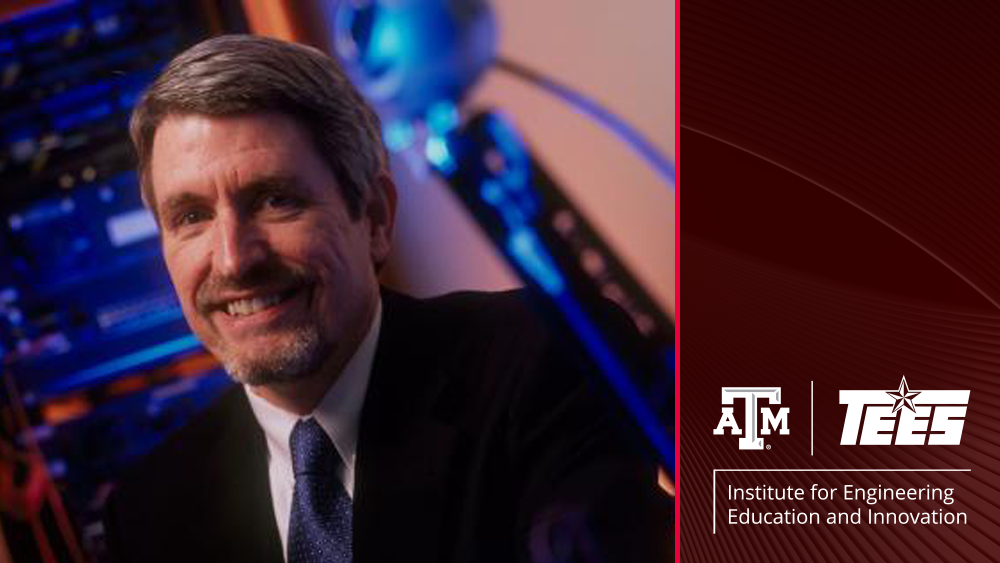
Dr. Edward J. Coyle is the John B. Peatman Distinguished Professor of ECE at the Georgia Institute of Technology
On Friday, September 30, 2022, The Institute for Engineering Education & Innovation conducted its Distinguished Speaker Series featuring Dr. Edward J. Coyle, the John B. Peatman Distinguished Professor of ECE at the Georgia Institute of Technology and a Georgia Research Alliance Eminent Scholar.
The title of his talk was “Vertically Integrated Projects (VIP): An Opportunity for Systemic Reform of Higher Education.”
What is the VIP Program?
Higher education’s fragmented nature impedes efforts to improve quality and diversity. Research, education, service, and economic development comprise universities’ missions. When it comes to student learning, there are three main components: years, semesters, and class periods. As for teaching and research, its subdivisions include disciplinary and budgetary silos.
Due to this fragmentation, students are less engaged and have less enhanced learning outcomes and career preparation. By overcoming this fragmented environment, the Vertically Integrated Projects (VIP) Program provides an opportunity for systemic change.
How does the VIP Program Work?
The VIP program embeds undergraduate teams in faculty-led projects across all disciplines.
Teams are: vertically integrated – including sophomores through graduate students each semester; large – more than ten undergrads each semester; long-term – each undergraduate can participate for three years, and new students will replace those who graduate; multidisciplinary – bringing together students from all disciplines necessary to achieve the project’s success; and for-credit – students earn academic credits each semester and are mentored and graded as part of their team.
Due to the continuity, technical depth, and breadth of their expertise, these teams have been able to function for many years and have made significant contributions to the faculty advisor’s research. This results in the creation of a broader university community through collaboration.
How do students benefit from the VIP Program?
Researchers have found that VIP students gain essential skills: knowledge of their discipline, leadership skills, organizational knowledge, work in multidisciplinary teams, and experience collaborating with diverse groups.
VIP at Georgia Tech currently has 82 VIP teams spanning the campus and has an enrollment of 1600+ students per semester. In 2019, ABET awarded its Innovation Award to the VIP Consortium, which comprises 44 universities worldwide that use the VIP Program.
In 2005, Dr. Coyle received the Bernard M. Gordon Prize for Innovation in Engineering and Technology Education from the US National Academy of Engineering.
